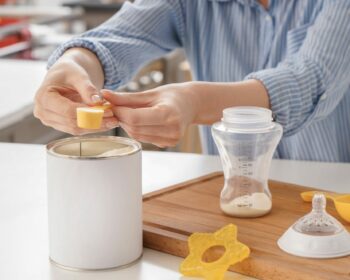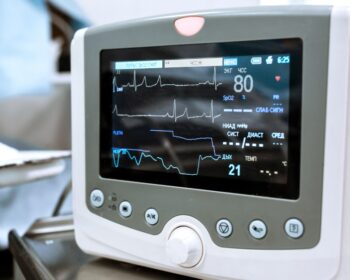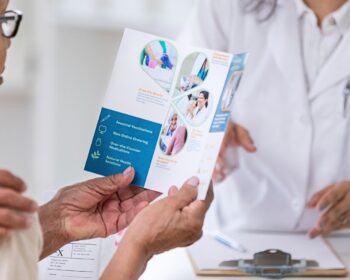The number of novel food applications in the EU is increasing, not only due to the environmental challenges but also to the high-speed research and development of new food innovations. Innovators and companies want to uphold the principles of circular economy. Previously unexploited sources and production techniques used for new food innovations may, however, cause new ingredients to fall under the Novel Food Regulation (EU) 2015/2283. This in turn challenges food business operators to learn more about this new topic.
In this webinar, Mari Lyyra, Head of Operations at our Food & Feed and Cosmetics unit, and Mari Eskola, our Senior Regulatory Affairs Expert with nearly 14 years of working experience from EFSA and other EU organisations, will provide an overview of the classification of potential novel foods, the official consultation procedure, as well as the novel food authorisation process and its requirements – with practical examples from real-life cases. We will also go through a success story of a marine novel food authorisation in which we assisted our client.

In the webinar you will learn:
- how to define traditional and novel food status
- about the importance of making a formal consultation
- the basics of novel food authorisation process
- the requirements for the application dossier
- importance of quality including data quality
- about the applicant’s obligations to notify EFSA of their studies.
You can watch the webinar right away after your order.
Medfiles novel food services
The Medfiles food regulatory affairs expert team has extensive experience in the EU Novel Food Regulation. The first Novel Food Regulation in the EU came into force in 1997, and Mari Lyyra, Head of the Food & Feed and Cosmetics unit, has followed the development of the Regulation and the related practices ever since. Today, Medfiles’ five regulatory affairs experts are working daily with many kinds of novel food projects, such as regulatory classifications (novel food or not), official consultation requests, novel food gap analyses and novel food applications. Our goal is to guide our clients through all these phases as smoothly as possible.
Over 20 years of practical experience as well as continuously updating our expertise ensure that we are among the leading experts in novel foods in the Nordics and in Northern Europe. Our expertise covers different types of foods, including chemicals, plants, fungi, marine products (such as fish, crustaceans and algae), fats and oils, fibres, grains and microorganisms, including yeast.


